How Long Does Rat Poison Take To Work?

As millions of people in the U.S. and worldwide have found, rats are a big problem. They eat human food, destroy their belongings, and act as all-around pests to people everywhere. Many people resort to rat poison in an attempt to get rid of their rat problem.
Once a rat has eaten rat poison, it takes around 2-3 days for the rat to die. However, the rat often stops feeding and moving about after consuming the poison. The type of poison you’re using, how old it is, and where you place it is a few of the factors that affect how long it takes for rat poison to work.
Rat poison has proven to be a very effective weapon when used correctly against rats. Most toxins have smells and tastes that entice the rat to draw near and poison them as soon as they consume it. We will go a little more in-depth about how long it takes for rat poison to work and what determines its effectiveness.
Do You Need Pest Control Services?
Get free, zero-commitment quotes from pro contractors near you.

How Long Does It Take Rat Poison to Work?
Most standard rat poisons take anywhere from 2-3 days to do their job of killing a rat that’s eaten it. Some poisons, however, take up to a week to get rid of the rats in your home. It all depends on how potent and effective the poison is, how much the rat eats, and how big it is. Let’s look at a few factors that might be having an impact on your particular rat poison.
What Type of Poison is It?
When it comes to rat poisons, there are two basic types of poison: first-generation and second generation. First-generation poisons kill rats slowly and take longer to have an effect. A first-generation poison can take anywhere from 4 days to a week to kill a single rat, especially if it’s a big one. They will also need to consume multiple helpings of the poison. One of the reasons that people opt for first-generation poison is that a single dose likely won’t kill their dog or cat.
On the other hand, second-generation rat poison kills rats in as little as one to two days. If you have a big rat problem and need immediate results, second-generation poison is the choice.
Have You Used the Rat Poison Before?
There are certain types of rat poisons that rats can build up an immunity to. First-generation poisons, especially, are vulnerable to losing effectiveness if you’ve used the poison before.
Did You Put the Poisons in the Right Area?
Simply putting rat poison in an area where rats have access to it won’t guarantee that they’ll eat it. It’s also essential to place your poisons in an area where your pets, children, or outside weather won’t be able to get to it. Rats like to scurry along walls and behind appliances, and these are the best places to set up your traps. Just make sure that no one can get to them besides the rats.
Are the Rats Choosing Other Food Sources?
An often overlooked problem regarding rat poisons is that the rats are simply choosing other food. If you set a rat trap in your kitchen but leave bags of open food and crumbs all over the place, the rats will likely choose those options first. Ensuring that all your food is put away and that your kitchen is cleaned up is paramount to successfully using rat poison.
Do Rats Take Poison Back to the Nest?
A big reason why rat poison is so effective is that the rats often return to their nest after they eat the poison. They often take some of the poison with them when they do this. Rats and mice are notorious hoarders, and they like to take pieces of food and crumbs back to their nests with them. When they do this with poison, there’s a chance that any other rats in the nest will also partake and get sick.
Do Rats Go to Their Nest to Die?
While rats will usually go back to their nest after eating poison, it’s not because they know they’re dying and want to be at home. It’s natural for rats to scurry back to their nests after any meal, which is why they make the return trip. Depending on what type of poison you use, the rat will make multiple trips to and from its nest after eating poison. However, the more effective the poison is, the less moving around the rat will do and the sooner it will die.
Does Rat Poison Work on Other Rodents?
Rat poison will be deadly to anything that eats it if they eat enough of it. Whether you have a rat problem, mice, squirrels, possums, moles, or any other rodent pests, rat poison can kill them. As a general rule, the bigger the animal is, the more poison is required to be effective. For that reason, you should carefully consider what type of poison you purchase if you have pets or small children.
Explainer Video: How Does Rat Poison Work?
Related Questions
Is Rat Poison Dangerous for Humans?
Unfortunately, rat poison is very dangerous for humans. If the poison is potent enough and you consume enough of it, the poison can cause organ failure, internal bleeding, paralysis, and death. You should always wear gloves when you handle rat poison and wash your hands once you’re done.
Is Rat Poison Dangerous to Pets?
Rat poison is dangerous and deadly to pets depending on the type of poison and how much they eat. Having said that, all rat poison can be lethal if they eat enough. Even low doses will cause diarrhea, vomiting, and extreme discomfort.
How do I find a dead rat?
The downside of rat poison is that the rats often leave the scene of the toxin after they eat it. They usually go back to their nests to die, which is inconvenient if you don’t know where the nest is. You’ll have to track the rat and follow your nose to find a dead rat.
Do You Need Pest Control Services?
Get free, zero-commitment quotes from pro contractors near you.

Final Thoughts
Rat poison is highly effective and will work in as little as one day to a week. However, you should always carefully consider your living situation before opting for rat poison. Always be responsible when using rat poison and only place your traps in areas where pets and kids can’t get to. You might be desperate to get rid of your rat problem, but don’t let desperation lead to a wrong decision.

Before I started writing, I worked for 6 plus years in the plumbing, electrical, and HVAC business. I was primarily an HVAC installer but also worked as a plumber and electrician. Now I'm a copywriter, focusing on home improvement content and guides.
More by Jalin Coblentz



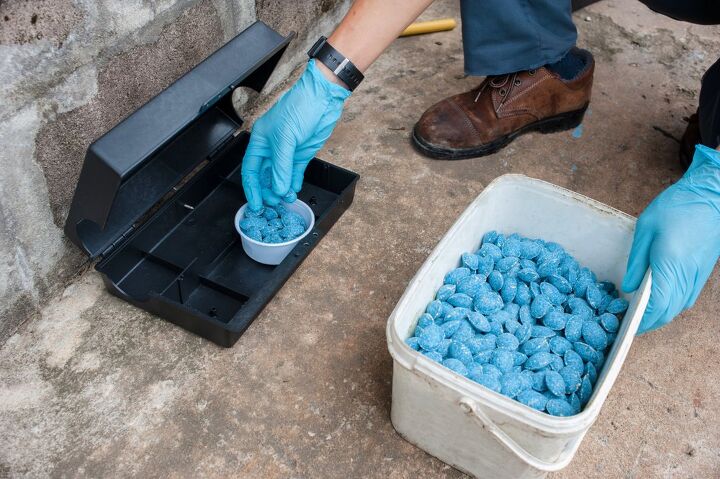






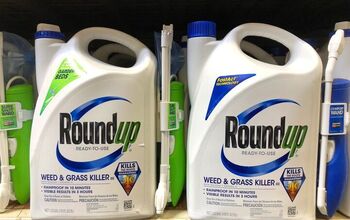
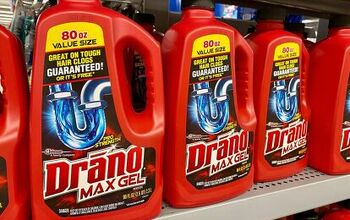


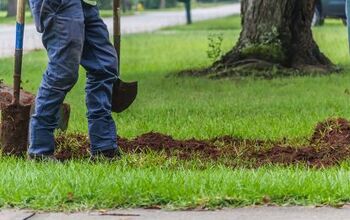

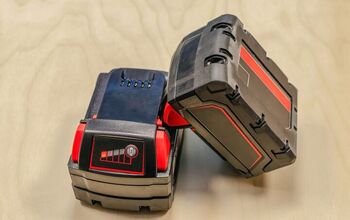

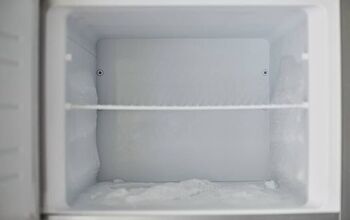



![Standard Dining Room Table Dimensions [for 4, 6, 8, 10 and 12 People]](https://cdn-fastly.upgradedhome.com/media/2023/07/31/9074335/standard-dining-room-table-dimensions-for-4-6-8-10-and-12-people.jpg?size=350x220)




